

With the rapid development of e-commerce business, the logistics industry has also experienced vigorous development. In order to cope with the increasing order volume and provide more efficient and fast services, the logistics industry actively introduces automation technology to promote its development. So, what are the key automation technologies that promote the rapid development of the logistics industry?
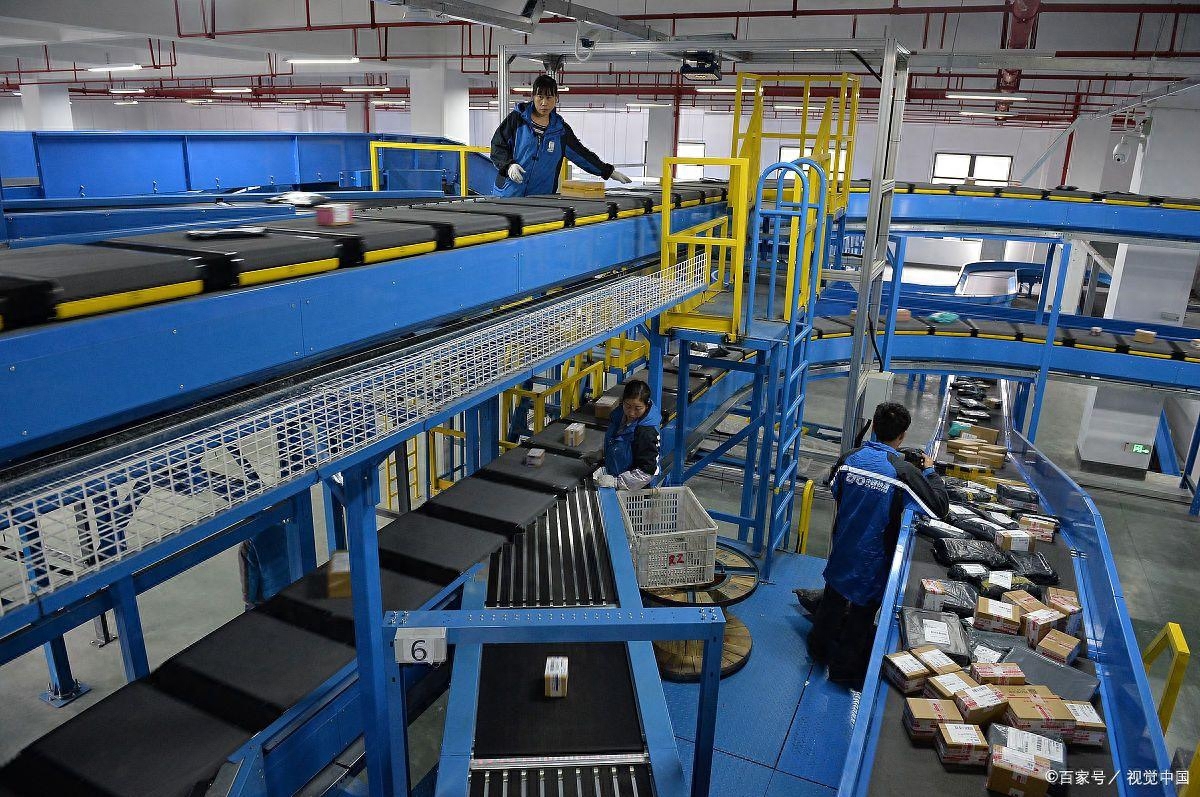
Firstly, automated warehousing technology is one of the important driving forces for the rapid development of the logistics industry. Traditional manual warehousing operations often suffer from low efficiency and error prone issues. By introducing automated warehousing technology, such as automated shelves and automatic pickup systems, intelligent management and efficient operation of warehouses can be achieved. Automated shelves can automatically pick up goods according to demand, greatly improving the storage density of goods and the operational efficiency of the warehouse. At the same time, real-time tracking and monitoring of goods can also be achieved through technologies such as RFID.
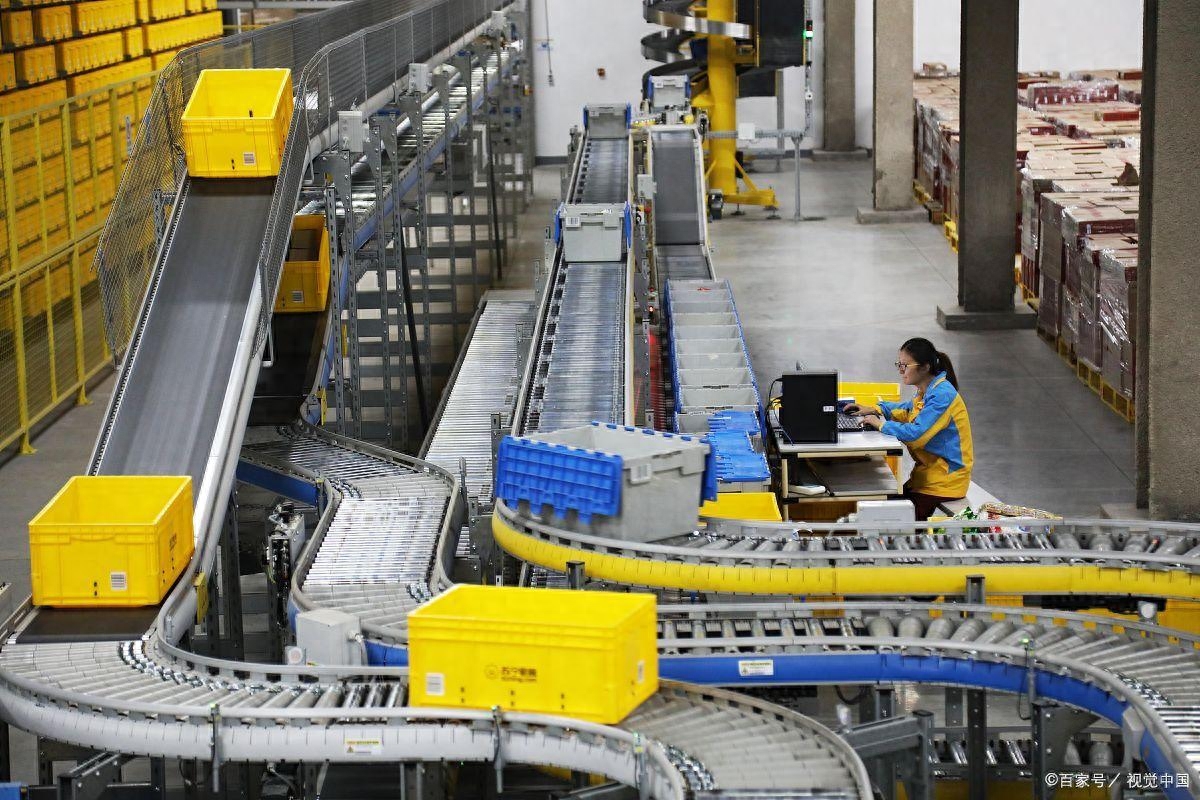
Secondly, automated sorting technology is an indispensable part of the development of the logistics industry. Traditional manual sorting operations are not only time-consuming and labor-intensive, but also prone to errors. Automated sorting systems, such as automatic sorting machines and robotic sorting, can perform sorting operations at a faster speed and with higher accuracy. The automatic sorting machine can accurately allocate packages to the correct positions through high-precision sensors and computer control, greatly improving the efficiency and accuracy of sorting. The robot sorting system achieves high-speed and efficient sorting operations through automatic navigation and visual recognition technology.
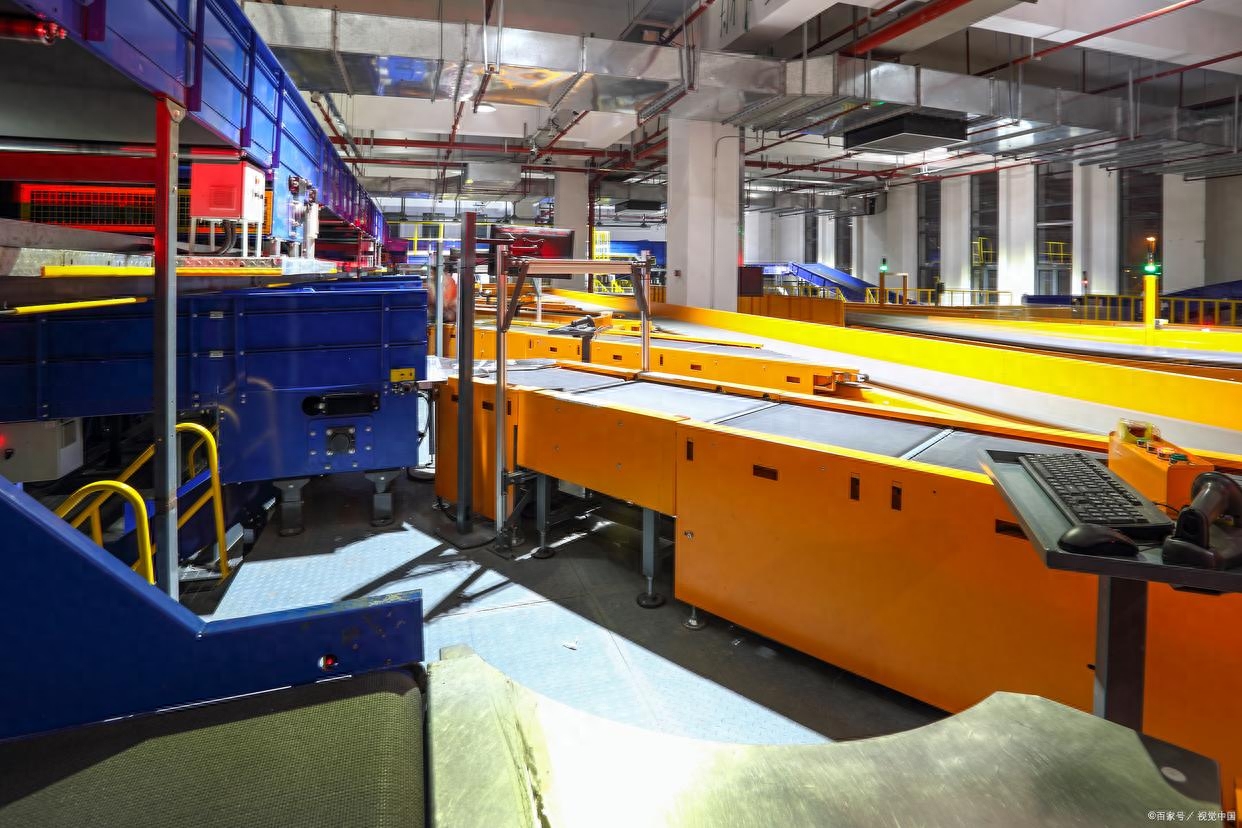
In addition, the logistics industry is actively introducing autonomous driving technology to improve delivery efficiency. Autonomous driving technology can achieve autonomous navigation and delivery of vehicles such as trucks and drones, reducing labor costs and transportation time. For example, drone delivery can quickly reach remote areas or congested urban areas, greatly improving the efficiency and speed of delivery. At the same time, autonomous driving technology can also provide the best delivery route through real-time data analysis and path optimization, further improving efficiency and accuracy.
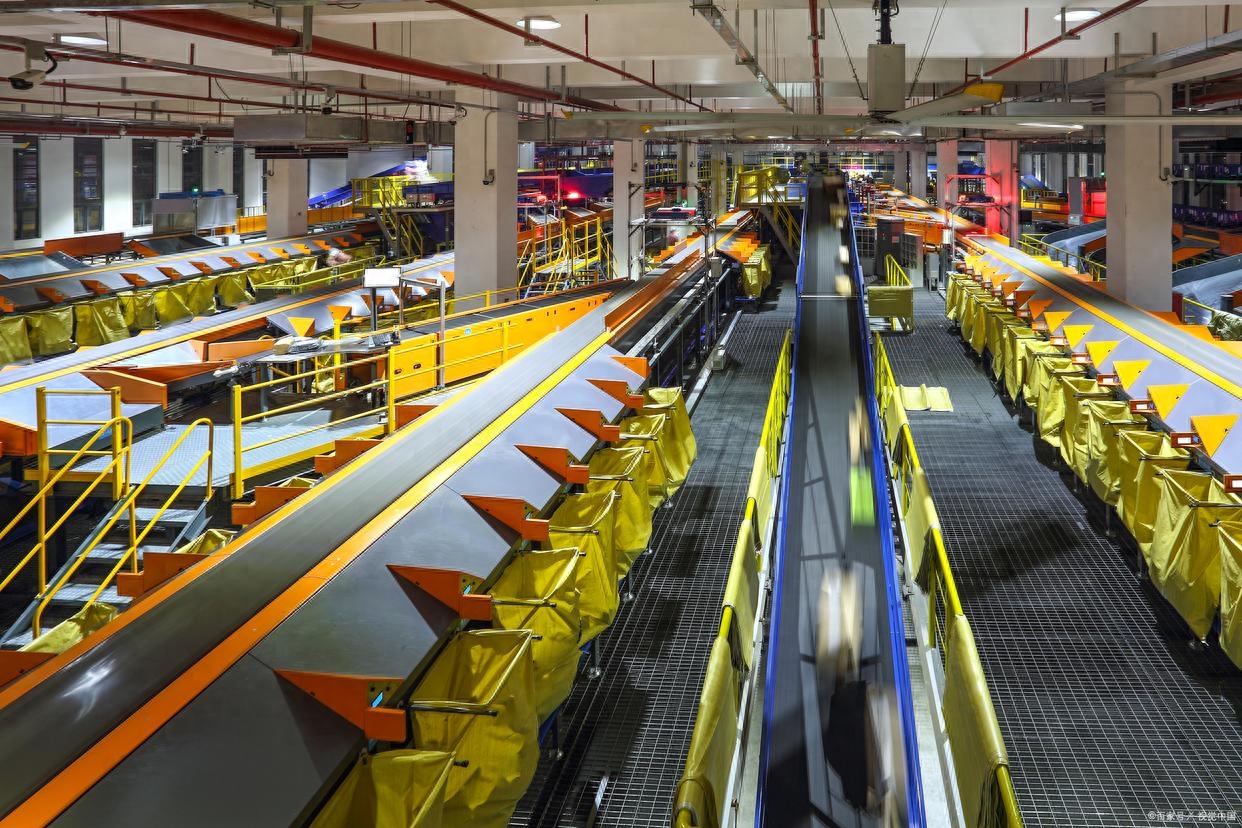
Finally, it is worth mentioning the application of artificial intelligence technology in the logistics industry. Artificial intelligence technology can optimize logistics operations and supply chain management through the analysis and prediction of big data. For example, artificial intelligence technology can predict order volume and demand, adjust warehousing and transportation plans, and prepare in advance. At the same time, artificial intelligence can also achieve optimal utilization of logistics resources, improve transportation efficiency, and reduce costs through intelligent scheduling systems, transportation capacity optimization, and other methods.
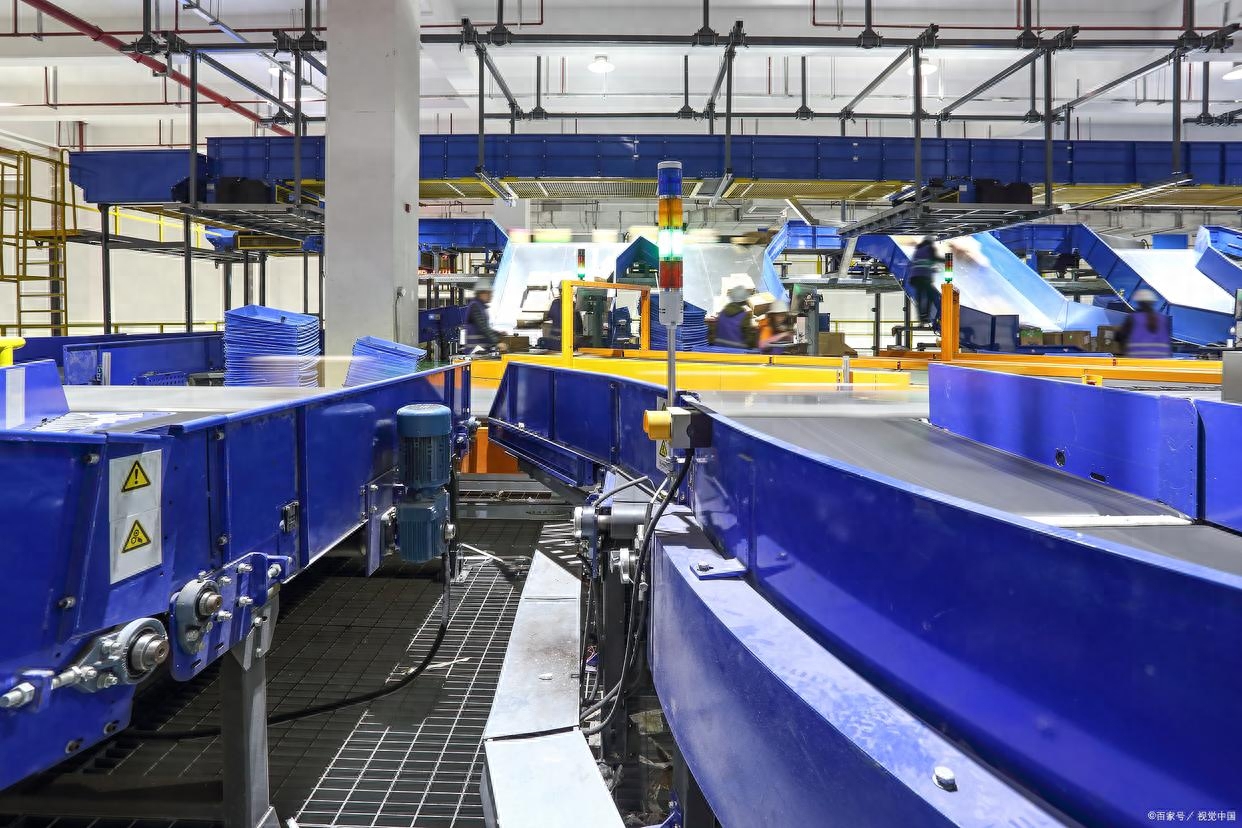
Automation technology is an important driving force for the rapid development of the logistics industry. The introduction of technologies such as automated warehousing, automated sorting, autonomous driving, and artificial intelligence can greatly improve the efficiency, accuracy, and reliability of the logistics industry, and promote its rapid development. With the continuous innovation and progress of technology, the logistics industry will also welcome more applications of automation technology, providing consumers with faster and more efficient logistics services.
 Replace
Replace